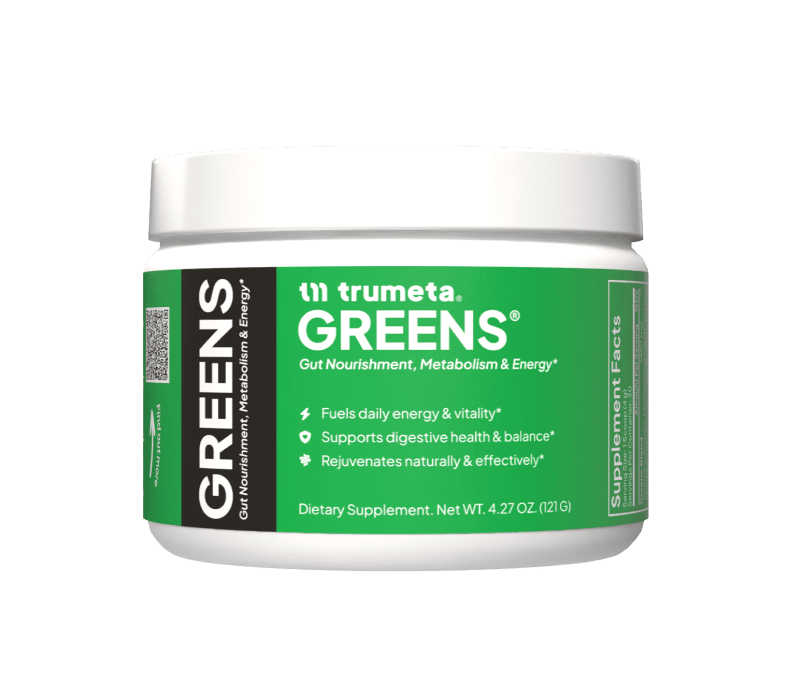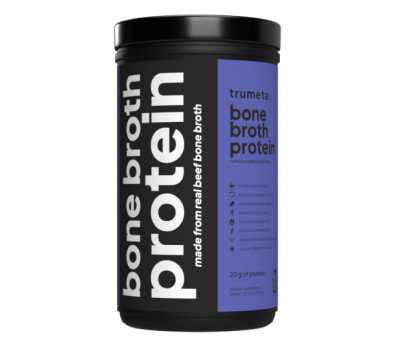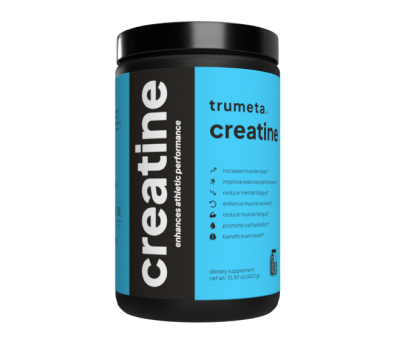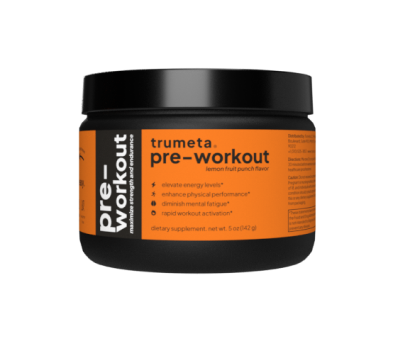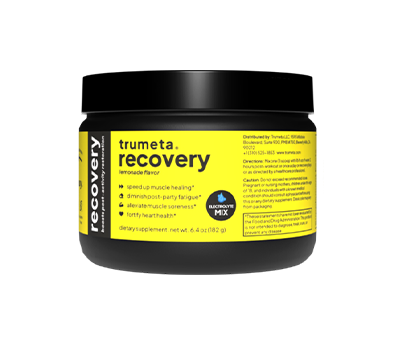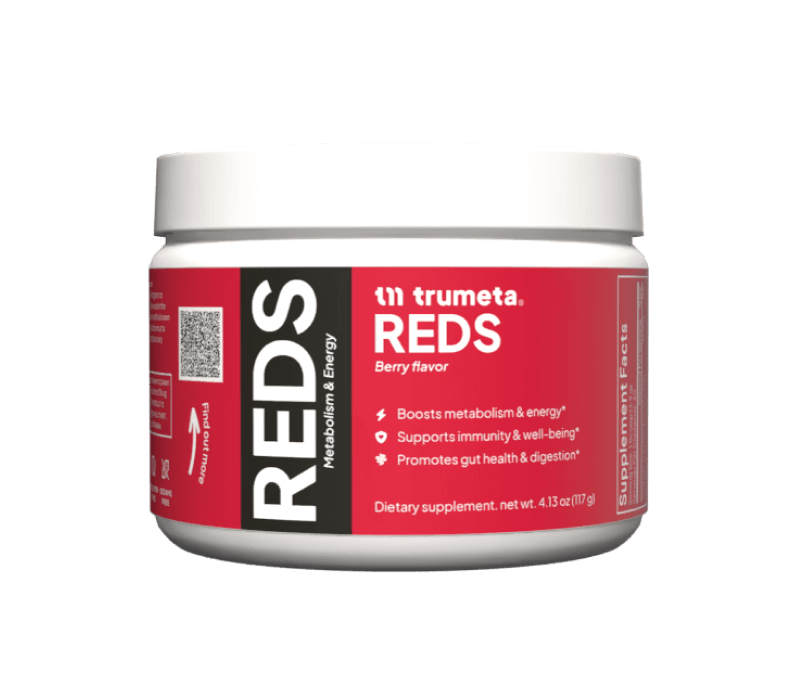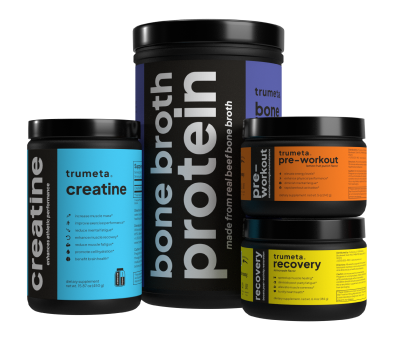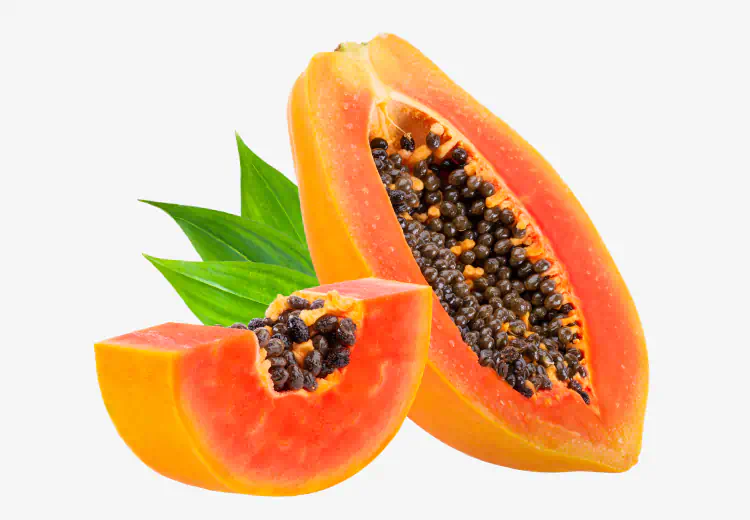
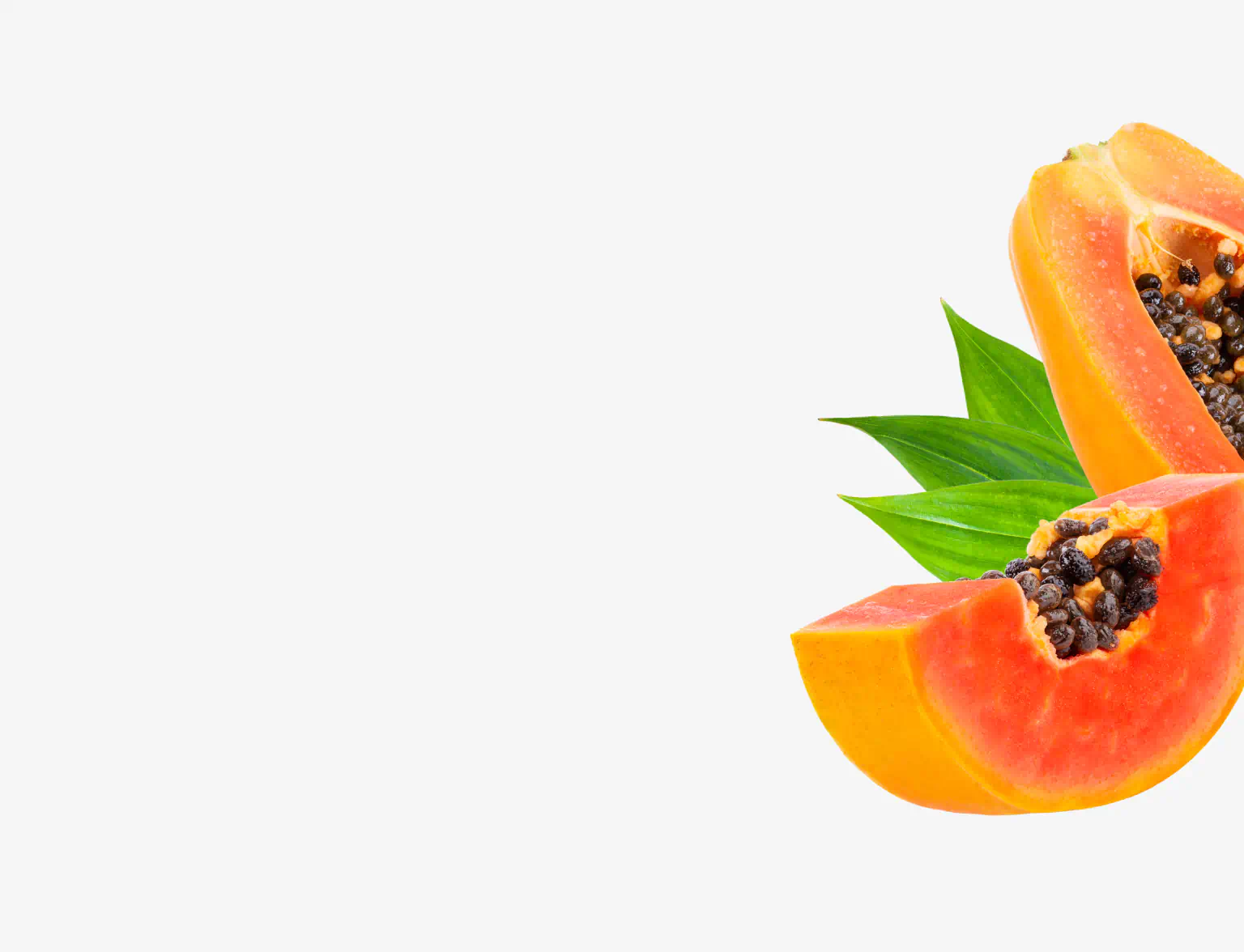

Organic papaya:
Health benefits & uses for digestion
Organic papaya stands out as a tropical treasure with its vibrant orange flesh, black edible seeds, and sweet flavor profile. Grown without synthetic pesticides or chemical fertilizers, this fruit offers pure nutrition alongside its delicious taste. Native to Central America and Mexico, papayas now flourish in many tropical regions, providing a wealth of nutrients in their juicy flesh.
This tropical fruit combines delightful flavor with impressive nutritional value. Its soft texture and sweet taste make it accessible even to those new to tropical fruits, while its versatility allows it to shine in both sweet and savory dishes. From breakfast smoothies to dinner salads, organic papaya brings both nutrition and tropical flair to your table.
Benefits of Organic Papaya
The unique combination of enzymes, vitamins, minerals, and antioxidants in organic papaya creates a nutritional profile that supports multiple aspects of health. Free from synthetic pesticides, this tropical fruit delivers clean nutrition that works with your body's natural processes.
Supports Digestive Health
Organic papaya contains significant amounts of papain, a powerful enzyme that breaks down protein molecules. This natural digestive aid helps your body process protein-rich foods more efficiently, reducing discomfort after meals. The enzyme works by splitting peptide bonds in protein molecules, essentially pre-digesting them before your body's own enzymes complete the job.
Rich in Antioxidants
The vibrant orange color of papaya signals its rich content of beta-carotene, a powerful antioxidant that your body converts to vitamin A. This fruit also provides significant vitamin C and various flavonoids that help neutralize harmful free radicals in your system.
Boosts Immune System
Organic papaya delivers a substantial dose of vitamin C, providing over 100% of your daily needs in a single cup serving. This essential nutrient supports white blood cell production and function, strengthening your body's natural defense mechanisms.
The vitamin A compounds from papaya's beta-carotene also play a critical role in maintaining the structural integrity of your skin and mucous membranes – your first line of defense against pathogens. These two vitamins work synergistically to support overall immune function and resilience.
Supports Heart Health
The fiber, potassium, and antioxidants in organic papaya create a heart-friendly nutritional profile. Potassium helps regulate blood pressure by balancing sodium's effects in your body, while fiber assists in managing cholesterol levels.
The antioxidants in papaya help protect cells from oxidative stress, while potassium supports normal blood pressure regulation. These combined effects make papaya a valuable addition to a heart-healthy eating pattern when consumed regularly as part of a varied diet.
Promotes Healthy Skin
The vitamin C content in organic papaya supports collagen synthesis, helping maintain skin elasticity and structure. Meanwhile, its beta-carotene provides protective benefits against UV damage from within.
Papaya's natural enzyme papain gently exfoliates skin when applied topically, removing dead cells and revealing fresher skin beneath. This enzyme action, combined with the fruit's internal nutritional benefits, creates a dual approach to skin health – nourishing from both inside and out.
Forge Your Victory
Key nutrients
Organic papaya packs an impressive array of vitamins, minerals, and beneficial compounds into its sweet orange flesh. This tropical fruit delivers exceptional nutrition with relatively few calories.
Vitamin C
This powerful antioxidant supports immune function while playing a key role in collagen formation for skin, blood vessels, and connective tissues.
Vitamin C also enhances iron absorption from plant foods, making papaya an excellent companion to iron-rich foods like spinach or beans. The natural form found in whole fruits like organic papaya offers bioavailability advantages over synthetic supplements.
Vitamin A
The beta-carotene in papaya converts to vitamin A in your body as needed. This nutrient supports vision health, particularly in low-light conditions, while also playing crucial roles in immune function and cellular communication.
Unlike preformed vitamin A from animal sources, the provitamin A carotenoids in papaya allow your body to regulate conversion based on needs, preventing potential toxicity. The bright orange color signals the presence of these valuable compounds.
Fiber
Organic papaya provides both soluble and insoluble fiber, supporting digestive health and regularity. This dietary fiber helps maintain steady blood sugar levels by slowing the absorption of carbohydrates after meals.
The fiber in papaya creates feelings of fullness, making meals more satisfying without excess calories. It also nourishes beneficial gut bacteria, contributing to a healthy microbiome that influences many aspects of overall wellness.
Potassium
The potassium content in organic papaya helps maintain proper fluid balance and supports nerve and muscle function. This essential mineral plays a key role in regulating blood pressure by counterbalancing sodium's effects.
A single cup of papaya provides about 8% of daily potassium needs, contributing to the recommended intake of this often-underconsumed mineral. Regular consumption supports healthy cardiovascular function and electrical signaling throughout the body.
Antioxidants
Beyond vitamins A and C, organic papaya contains numerous other antioxidants, including lycopene and various flavonoids. These compounds help neutralize free radicals that can damage cells and contribute to chronic inflammation.
Enzyme Papain
The enzyme papain distinguishes papaya from many other fruits. This proteolytic (protein-digesting) enzyme helps break down tough protein fibers, aiding digestion and reducing discomfort after protein-rich meals.
Papain works in both acidic and alkaline environments, making it effective throughout the digestive tract. This natural digestive aid supports protein metabolism and absorption, particularly beneficial for those with occasional digestive discomfort.
How to Use Organic Papaya?
Adding organic papaya to your diet offers both culinary delight and nutritional benefits. This versatile tropical fruit adapts to numerous dishes and preparation methods.
For maximum enzyme benefits, enjoy papaya fresh and raw. Simply halve the fruit lengthwise, scoop out the seeds (which you can save), and eat the flesh with a spoon. The ripest fruit offers the sweetest flavor and highest nutrient content, indicated by yellow-orange skin that yields slightly to gentle pressure.
Try these practical ways to incorporate organic papaya:
- Add fresh papaya cubes to morning yogurt or oatmeal
- Blend into tropical smoothies with coconut water
- Toss into fruit salads for vibrant color and sweet flavor
- Puree into salsas or dips for a tropical twist
- Add to green salads with lime dressing
- Grill lightly for a caramelized dessert option
- Freeze chunks for refreshing warm-weather snacks
Organic papaya seeds, often discarded, offer their own benefits with a peppery flavor profile. These edible seeds contain additional enzymes and compounds that support digestive health. Try grinding a small amount of organic papaya seeds into salad dressings or adding them to smoothies.
For year-round accessibility, organic dried papaya provides concentrated nutrition in a shelf-stable form. This chewy treat works well in trail mixes, baked goods, or as a standalone snack. Check labels to avoid added sugars or preservatives.
Those seeking convenient options might consider organic papaya powder, which preserves many of the fruit's nutrients in a versatile form. Add this powder to smoothies, yogurt, or baked goods for a nutritional boost. Similarly, organic papaya seed powder offers concentrated enzyme activity for digestive support.
Store whole papayas at room temperature until they ripen, then refrigerate for up to three days once cut. For maximum enzyme content, consume shortly after cutting, as enzyme activity diminishes with time.
Nutritional Information
Organic papaya delivers exceptional nutritional value with moderate calories, making it an excellent addition to a balanced diet. Here's a detailed breakdown of what you'll find in one cup (145 grams) of fresh organic papaya cubes:
- Calories: 62
- Protein: 0.9 grams
- Carbohydrates: 15.7 grams
- Fiber: 2.5 grams
- Natural Sugars: 11.3 grams
- Fat: 0.2 grams
- Water Content: 88% by weight
This serving provides an impressive array of essential vitamins:
- Vitamin C: 86.5 mg (144% of daily value)
- Vitamin A: 1,531 IU (31% of daily value)
- Folate: 53.2 mcg (13% of daily value)
- Vitamin E: 0.7 mg (4% of daily value)
- Vitamin K: 3.6 mcg (4% of daily value)
- Thiamin: 0.04 mg (3% of daily value)
- Riboflavin: 0.04 mg (3% of daily value)
The mineral content in a cup of organic papaya includes:
- Potassium: 360 mg (10% of daily value)
- Magnesium: 29 mg (7% of daily value)
- Copper: 0.04 mg (5% of daily value)
- Calcium: 33.4 mg (3% of daily value)
- Iron: 0.13 mg (2% of daily value)
- Zinc: 0.1 mg (1% of daily value)
Nutritional content varies slightly based on ripeness, with fully ripe fruit offering the highest levels of certain antioxidants and sweetness. The complete nutritional package works synergistically to support overall health.



Strength isn't given.
It's earned.
Every rep. Every set. Every scoop.
Frequently asked questions
References
Does papaya need to be organic?
While conventional papaya provides nutrients, organic varieties avoid synthetic pesticides and GMOs. Choose organic when possible to minimize chemical exposure, especially since papaya skin is thin. Thoroughly wash conventional papaya if organic isn't available.
Where to buy organic papaya seeds?
Find organic papaya seeds at health food stores, specialty grocers, online wellness retailers, and farmers' markets. Look for certified organic options with proper storage information. Some natural food co-ops also carry them in their bulk or supplement sections.
How to make organic papaya soap?
Combine mashed ripe organic papaya with glycerin soap base, melted using double-boiler method. Add essential oils if desired, pour into molds, and let set completely. The natural enzymes provide gentle exfoliation for skin.
Parle, M., & Bhardwaj, G. (2011). Basketful benefits of papaya. ResearchGate. https://www.researchgate.net/publication/285117822_Basketful_benefits_of_papaya
Iseal, S., Et Al.. (2024). The benefits of papaya for digestive health and weight loss. ResearchGate. https://www.researchgate.net/publication/385244723_The_Benefits_of_Papaya_for_Digestive_Health_and_Weight_Loss
Kong, Y. R., Et Al. (2021). Beneficial Role of Carica papaya Extracts and Phytochemicals on Oxidative Stress and Related Diseases: A Mini Review. Biology, 10(4), 287. https://pmc.ncbi.nlm.nih.gov/articles/PMC8066973/
Paternina, G. A., Et Al. (2022). Nutraceutical, thermophysical and textural characteristics of papaya (Carica papaya L) and incidence for post-harvest management. Heliyon, 8(4), e09231. https://pmc.ncbi.nlm.nih.gov/articles/PMC9043989/
Rd, R. R. M. (2020). 7 impressive ways vitamin C benefits your body. Healthline. https://www.healthline.com/nutrition/vitamin-c-benefits
Spritzler, F. (2018). 8 Evidence-Based Health Benefits of Papaya. Healthline. https://www.healthline.com/nutrition/8-proven-papaya-benefits
Veersain, Et Al. (2023). A comprehensive review of papaya's multidimensional impact on health and wellness. International Journal of Statistics and Applied Mathematics, 8(5S), 1065–1071. https://www.researchgate.net/publication/375284192_A_comprehensive_review_of_papaya's_multidimensional_impact_on_health_and_wellness
Office of Dietary Supplements - Vitamin A and carotenoids. (n.d.). https://ods.od.nih.gov/factsheets/VitaminA-HealthProfessional/
Office of Dietary Supplements - Potassium. (n.d.). https://ods.od.nih.gov/factsheets/Potassium-HealthProfessional/
Shafe, M. O., Et Al.(2024). Lycopene: A Potent Antioxidant with Multiple Health Benefits. Journal of Nutrition and Metabolism, 2024(1). https://pmc.ncbi.nlm.nih.gov/articles/PMC11179732/
Hassanpour, S. H., & Doroudi, A. (2023). Review of the antioxidant potential of flavonoids as a subgroup of polyphenols and partial substitute for synthetic antioxidants. PubMed, 13(4), 354–376. https://pmc.ncbi.nlm.nih.gov/articles/PMC10474916/
McDermott, A. (2024). 5 ways to use papain. Healthline. https://www.healthline.com/health/food-nutrition/papain
